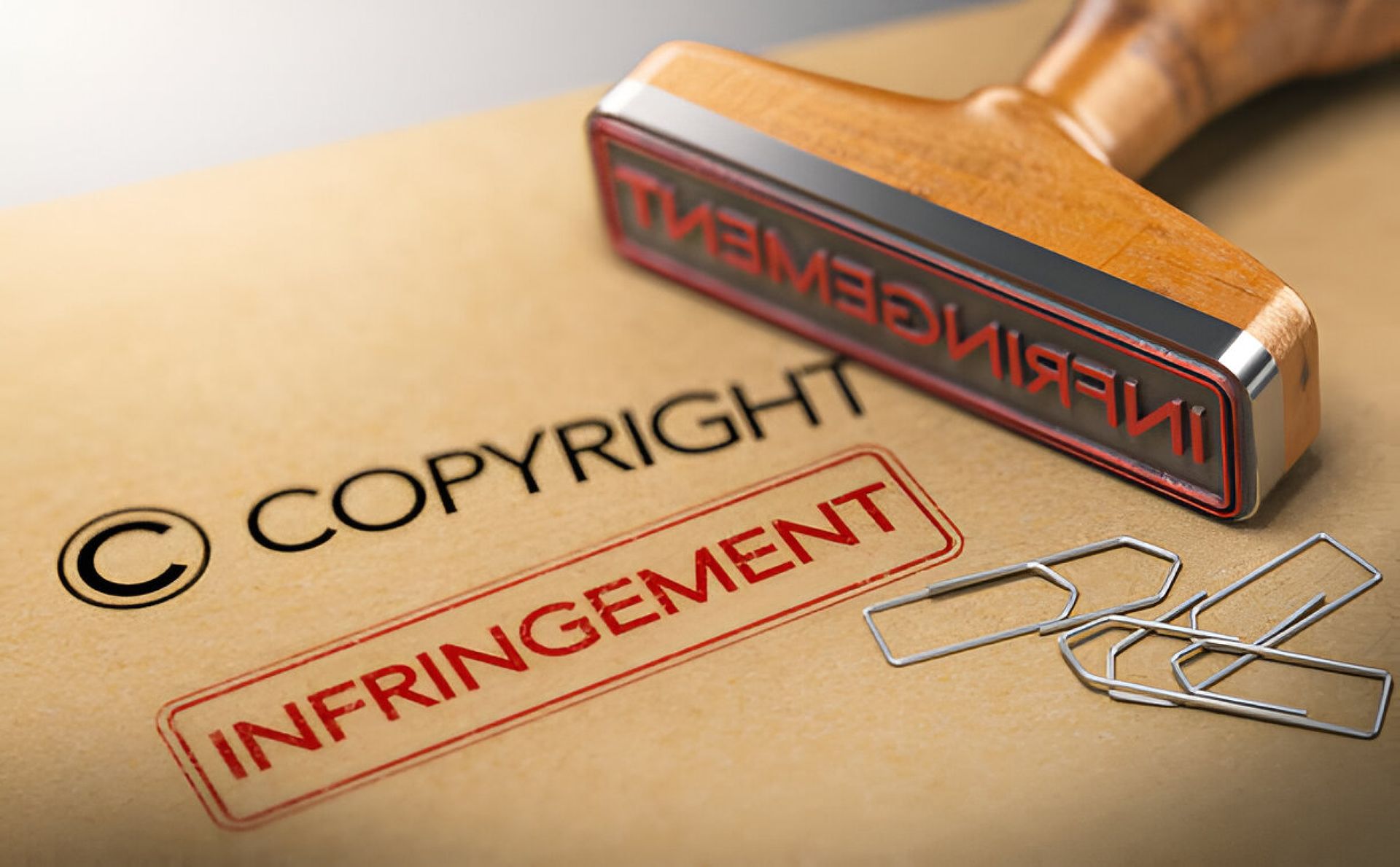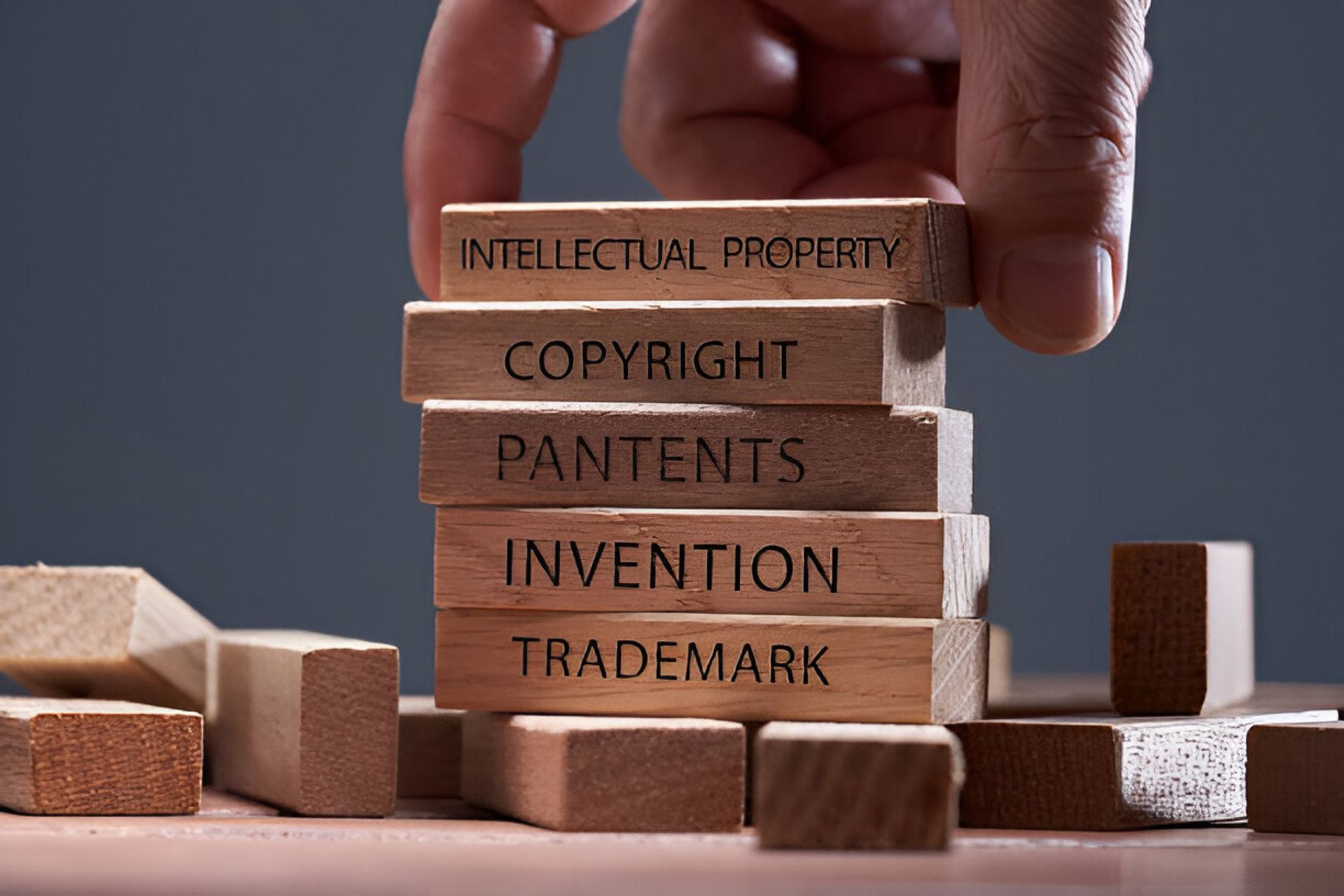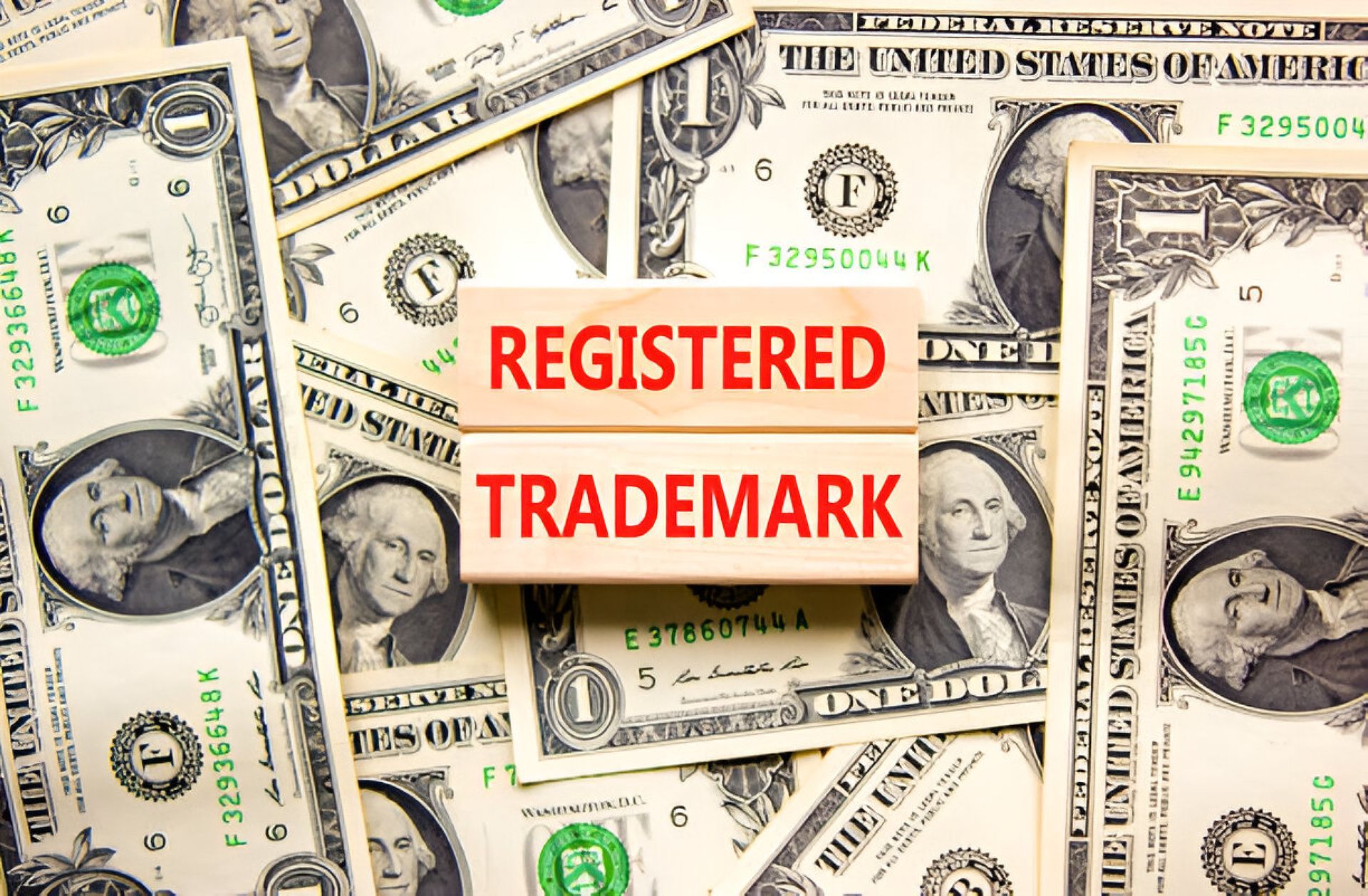
What to Do if Someone Opposes Your Trademark in UK?

Introduction
The IPO publicizes the acceptance of a trademark application in an online journal. Then, there is a two-month period (which may be extended to three months) during which parties may contest the registration.
There are two methods by which you may object to a mark:
1. Third-party observations (non-legal action)
2. Legal action to oppose a trademark
Anyone can make "third party observations" at any time after an application for registration has been accepted and published but before it is registered.
Please inform them if you believe we have made an error in accepting the application. You must notify us of any pertinent information we may have overlooked during the application process.
We are not obligated to act on observations; making a third-party observation is not a formal legal action. We may utilize the evidence obtained through an observation to substantiate a subsequent objection to the application.
The applicant receives a copy of all third-party observations. This is mandated by Rule 22 of the Trade Mark Rules 2008. The public can also scrutinize observations after a trademark has been published.
Any personal information you include in the observations will be made public. For instance, email addresses will be included in observations embedded in an email. To prevent the disclosure of your personal information, you must submit your observations anonymously. This can be accomplished by submitting your observations by post and omitting all contact details, including your name and address. Alternatively, you may append your observations to an email that has been purged of all personal information.
Contesting a trademark that has been published
Opposition is the legal process that enables you to attempt to prevent a published mark from being registered. You can oppose the entire application or only some of the products or services it covers.
Contrasting based on absolute or relative principles
Defects in the trademark itself are considered absolute grounds. The most prevalent justifications for opposing a trademark application are as follows:
• The trademark is descriptive of the products and services
• that it is generic for the goods/services in question
• It is non-distinctive and should be available to all individuals in that industry at no cost.
Relative grounds refer to the existence of an earlier trademark or earlier right (which does not require registration) owned by the opponent with which the applicant's trademark would conflict if it were to be used.
On absolute grounds, any individual may object to an application; however, only the owner of an earlier trademark or right may object on relative grounds.
The opposition period commences promptly upon the trademark's publication in the journal and lasts two months. This period may be extended by an additional month by submitting an electronic form TM7a "Notice of threatened opposition" within the first two months, commencing immediately following the advertised date. The TM7a is exclusively available for online submission; no fee is associated with this form.
For example, a trademark advertised in the journal on 11 April 2013 would have a deadline of 11 June 2013 to submit an opposition on form TM7 or request an extension of the opposition period on form TM7a.
Filing a TM7a does not commit you to opposing the application, but you should only file one if you are seriously considering doing so.
The TM7' Notice of Opposition' can be submitted with the appropriate fee if you wish to contest the trademark registration without extending the period. The TM7 must be submitted within two months of the application's publication date.
A refund will be issued for any TM7 filed during the extended third month by parties other than those who have already submitted a TM7a.
Opposing using the rapid track procedure
Any individual who desires to file a fast-track opposition should submit a notice of opposition using the TM7F form.
Reach out to the applicant.
You should write to the applicant and tell them why you are contemplating opposing their application. You can get their address (an 'address for service') by browsing the applicant's details on the IPO website.
It benefits all parties involved if disputes can be resolved amicably rather than initiating formal opposition proceedings. At the IPO, we provide a mediation service that can assist you in achieving this. Mediation is a more efficient and straightforward alternative to the formal opposition process.
If successful opponents fail to allow the applicant to withdraw their application before filing the opposition and the opposition is left undefended, no costs will typically be awarded.
Cooling-off period for opposition
A cooling-off period is an extra time granted for both parties in opposition proceedings to attempt to resolve their differences without the need to go through the complete legal procedure.
The cooling-off period is exclusively available in opposition proceedings.
This means that when we send the applicant the notice of opposition, the parties have nine months to attempt to resolve the dispute before entering the adversarial stage of proceedings. During the two months, the applicant is permitted to submit their notice of defence, and the parties must consent to a cooling-off period and submit a form TM9C. By submitting a form TM9E, either party may request an extension of the initial nine-month cooling-off period. This will extend the cooling-off period by an additional nine months, resulting in a maximum of eighteen months. The request must include a statement verifying that the parties seek to negotiate a settlement to the opposition proceedings.
If the parties do not agree to cool off, the opposition proceedings will continue as usual, with the applicant filing their defence.
Legal costs
Cost awards in proceedings before us are contributory, not compensatory.
This means that the cost award will only cover some of the costs of the proceedings. It will only contribute to the expenses of the "winning" party.
We can establish the award level and utilize a published cost scale.
The costs awarded in Fast Track Oppositions are capped at £600 (excluding official fees).
Suppose you decide to withdraw your application after we have received an opposition, and you will have to pay the opponent's costs. But, if you have demonstrated that proceedings were launched against you without warning, giving you no opportunity to negotiate or reach a compromise without legal proceedings, then no award of costs will be issued against you.
If you elect to defend your application against the opposition and ultimately lose the case, you will be obligated to reimburse the opponent for their expenses.
It is improbable that you would be reimbursed for all of your expenses if you successfully defended your application since a predetermined scale typically determines our awards.
Contesting a trademark that has been registered
Upon registering a trademark, numerous legal actions can be performed to contest it.
Invalidation
Invalidation is the legal procedure that allows anyone to attempt to remove a trademark from our register as if it had never been registered. It is possible to request the removal of the entire registration or a subset of the products or services it encompasses.
Revocation
Revocation is the legal procedure that allows anyone to attempt and remove a trade mark from the UK register. It is possible to request the removal of the entire registration or a subset of the products or services it encompasses.
Typically, the grounds for revocation of a trademark are non-use; however, there are additional grounds for revocation.
Intervention
Anyone, except the proprietor, who asserts an interest in a registered trademark may apply to participate (in legal terms, "intervene") in post-registration legal proceedings.
An individual who has an interest in a registered trademark may be:
• a subsidiary or related company of the proprietor or licensee of the proprietor that utilizes the mark itself
• a new proprietor of the trademark who has not yet recorded their ownership in the register
Correction
Rectification is the legal process by which an individual may seek to correct (or rectify) an error or omission in the information recorded for a registered trademark.
Mediation
Mediation is a method of resolving disputes without the need for litigation. It is a more cost-effective and expeditious alternative to litigation, and the results are typically advantageous to all parties.
Mediation enables you and the opposing party to engage in dialogue regarding the dispute with the assistance of an impartial individual, a mediator. The mediator's primary responsibility is to assist both parties in identifying a mutually acceptable resolution to the dispute rather than to render a decision.

Quick Quote
Thank you. We will provide your quote within 4 hours. For an instant reply please contact us via WhatsApp (below).
Please try again later.
Business Hours
- Mon - Sat
- -
- Sunday
- -
TrademarkR
85 Great Portland Street
London
W1W 7LT
Own your ideas.
Trademark-R Limited is UK company no. 12020247 registered in England and Wales.
All Rights Reserved | Trademark-R Limited









 UK Directory
UK Directory